PHILOSOPHICAL ETHICS
1/76
Earn XP
Description and Tags
Great Thinkers
Name | Mastery | Learn | Test | Matching | Spaced |
|---|
No study sessions yet.
77 Terms
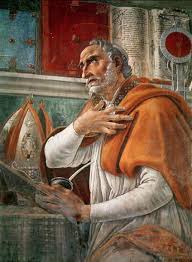
Augustine
He is acknowledged as the father of Medieval Catholic Christianity and the spiritual ancestor of Protestant Christianity.
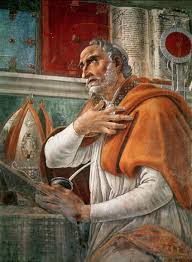
Augustine
For him, to desire to seek the truth is that alone of value…. The highest good for humans, happiness, is found only in our personal relationship with God. Moral evil is turning away of the will from God. It is a privation of good…Humans are being born with original sin and are therefore predestined to be inherently evil. Humans could not be moral without the intervention of the grace of God influencing the will which is fulfilled through Christ.
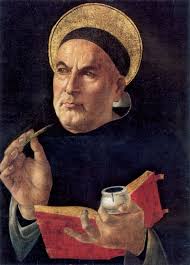
Aquinas
He lived during Medieval Scholasticism and contends that aside from reason, faith is also a road to truth.
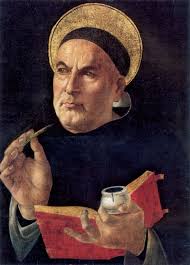
Aquinas
Much of truth is not reached by reason, it comes by way of revelation from God and is to be appropriated by faith…. By virtue of our natural faculty of reason, we share in God’s eternal reason and participate in His eternal law. As rational beings, all of us have a natural or innate sense of good and evil.
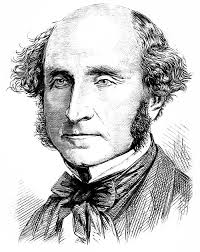
John Stuart Mill - Utilitarianism
A thing or an act is good if it produces the greatest amount of pleasure (happiness) for the greatest number of people.
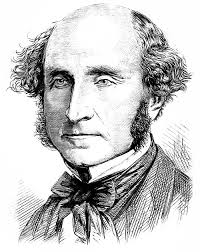
John Stuart Mill - Utilitarianism
It is not because men’s desires are strong that they act ill; it is because their consciences are weak.
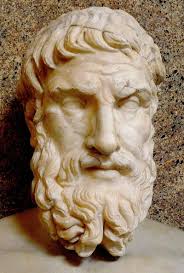
Epicurus
The good life is a life of (egoistic) pleasure. Pleasures of the mind rather than on physical pleasures. Pleasure is not about fleeting moments of pleasurable sensation, but more about the comfortable balance of satisfaction over dissatisfaction, in life as a whole.
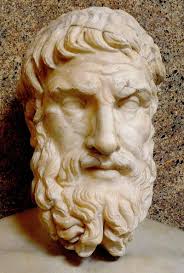
Epicurus
As soon as any living creature comes into being, it pursues pleasure and tries to avoid pain, hence, pleasure must be the natural good; pleasure must be the object of life.
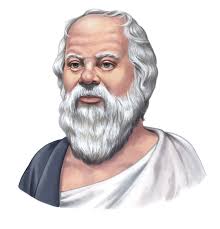
Socrates
The unexamined life is not worth living…He believed wrongdoing was a consequence of ignorance and those who did wrong knew no better…The best way for people to live was to focus on self development rather than the pursuit of material wealth.
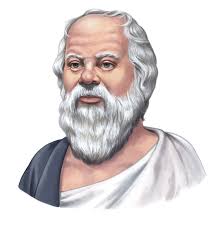
Socrates
The only true wisdom is in knowing you know nothing.
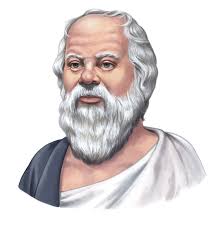
Socrates
Worthless people live only to eat and drink; people of worth eat and drink only to live. Education is the kindling of a flame, not the filling of a vessel.
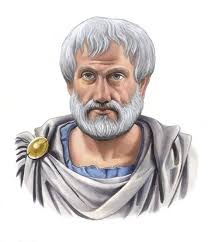
Aristotle
Harmony with human nature by living a life of moderation is the highest good in life…There are two kinds of virtue—moral and intellectual. The aforementioned is acquired through imitation, practice, and habit. The latter is through inheritance and education.
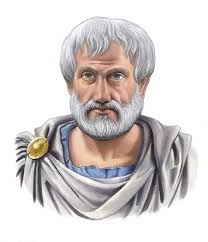
Aristotle
Educating the mind without educating the heart is no education at all. To avoid criticism, say nothing, do nothing, be nothing.
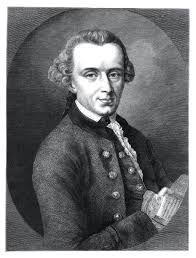
Immanuel Kant
Act only according to that maxim by which you can at the same time will that it should become a universal law… The highest good is goodwill…Only a good will is good without qualification. A will is good if it acts from duty (and other moral motives), and not just in conformity with duty…Treat humanity, whether yourself or another, as an end in itself and not only as a means.
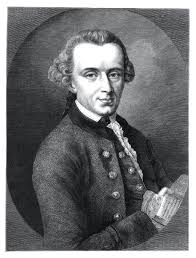
Immanuel Kant
Thoughts without content are empty, Intuitions without concepts are blind.
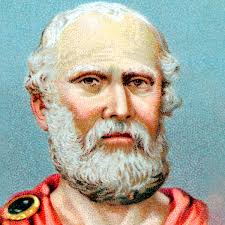
Plato
Wisdom is the highest virtue; it is the key to a good and happy life. There would be no end to the evils of humankind until philosophers become rulers and rulers become philosophers…In order to acquire happiness, one must be moral. This morality must be reflected on the individual’s wisdom, courage, moderation, and justice.
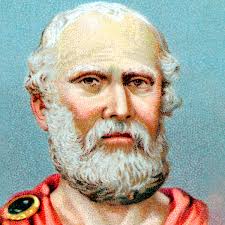
Plato
Good people do not need laws to tell them to act responsibly, while bad people will find a way around the laws.
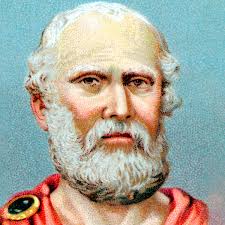
Plato
People are like dirt. They can either nourish you and help you grow as a person or they can stunt your growth and make you wilt and die.
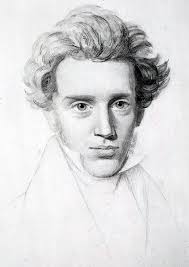
Soren Kierkegaard - Existentialism
Existence takes precedence over essence. The good act is one that gives substance and meaning to a person’s life now; it is one that is authentic and done in good faith.
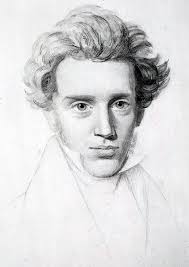
Soren Kierkegaard - Existentialism
Life can only be understood backwards, but it must be lived forwards.
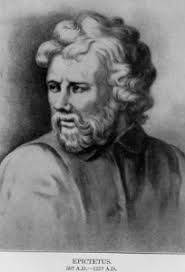
Epictetus
Live according to nature. Ethical wisdom can be attained by keeping our moral purpose in harmony with nature…Nothing is ours to have forever, to keep. That a man should only concern himself only with what he can control, and not what he cannot influence. Any harm done to his mind, or real self inflicted; in this sense, he is the master of his fate—how we flourish is entirely up to us.
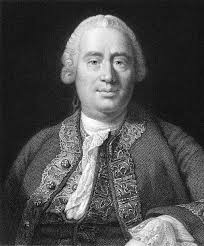
David Hume
Morality is based on sentiments rather than reason.
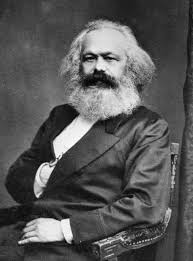
Karl Marx
All societies progress through the dialectic of class struggle: a conflict between an ownership class which controls production and a lower class which produces the labor for goods.
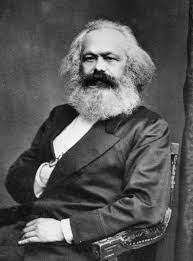
Karl Marx
Capitalism, the “dictatorship of the bourgeoisie”, would inevitably produce internal tensions which would lead to its self-destruction and replacement by a new system, socialism. Socialism society will be governed by the working class, the “dictatorship of the proletariat”, the “workers state” or “workers’ democracy”. Socialism would eventually be replaced by a stateless, classless society called “communism”.
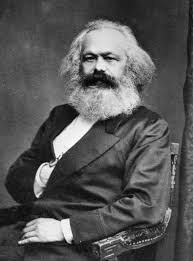
Karl Marx
Religion is the opium of the people; both a hallucinogenic and a palliative that mitigates the suffering of the oppressed.
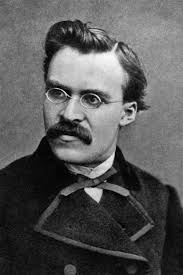
Friedrich Nietzsche
Christianity has become an ideology set forth by institutions like churches. Analyzing the history of Christianity, it has progressively distorted the teachings of Jesus. The early Christians turned Jesus into a martyr and Jesus’ life into the story of redemption of mankind in order to dominate the masses. That successive generation further misunderstood the life of Jesus as the influence of Christianity grew. By the 19th century, Christianity has become so worldly as to parody itself a total inversion of a world view which was, in the beginning, nihilistic, thus implying the “death of God”…God is dead. Values are not placed in us, but we make them and to not live according to the values created by us means to live an inauthentic life.
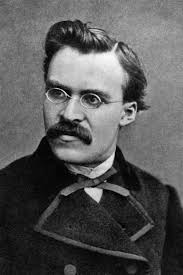
Friedrich Nietzsche
He who has a why to live can bear almost any how.
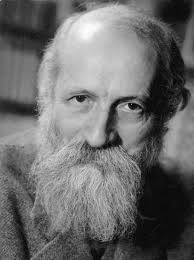
Martin Buber
I and Thou…Human existence may be defined by the way in which we engage in dialogue with each other, with the world, and with God.
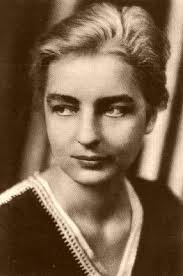
Ruth Benedict
Particular conceptions of what is moral or good are not a matter of human nature but of socially conditioned habits. Morality is completely determined by culture. Universal social and moral standards do not exist.
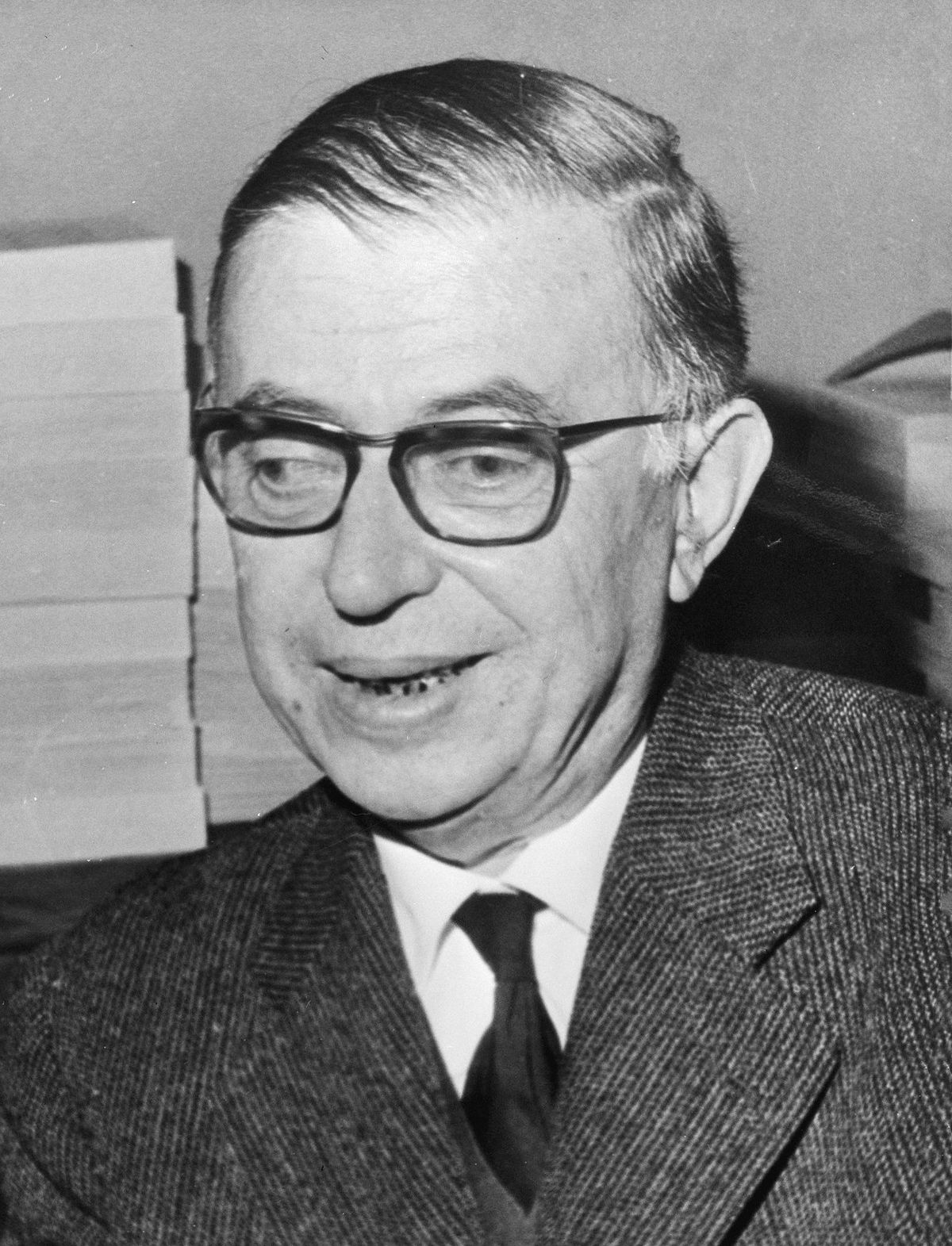
Jean-Paul Sartre
God does not exist. Ultimately we are condemned to be free, for there is no given human essence and there are no absolutes—fixed values and eternal meanings determining our existence.
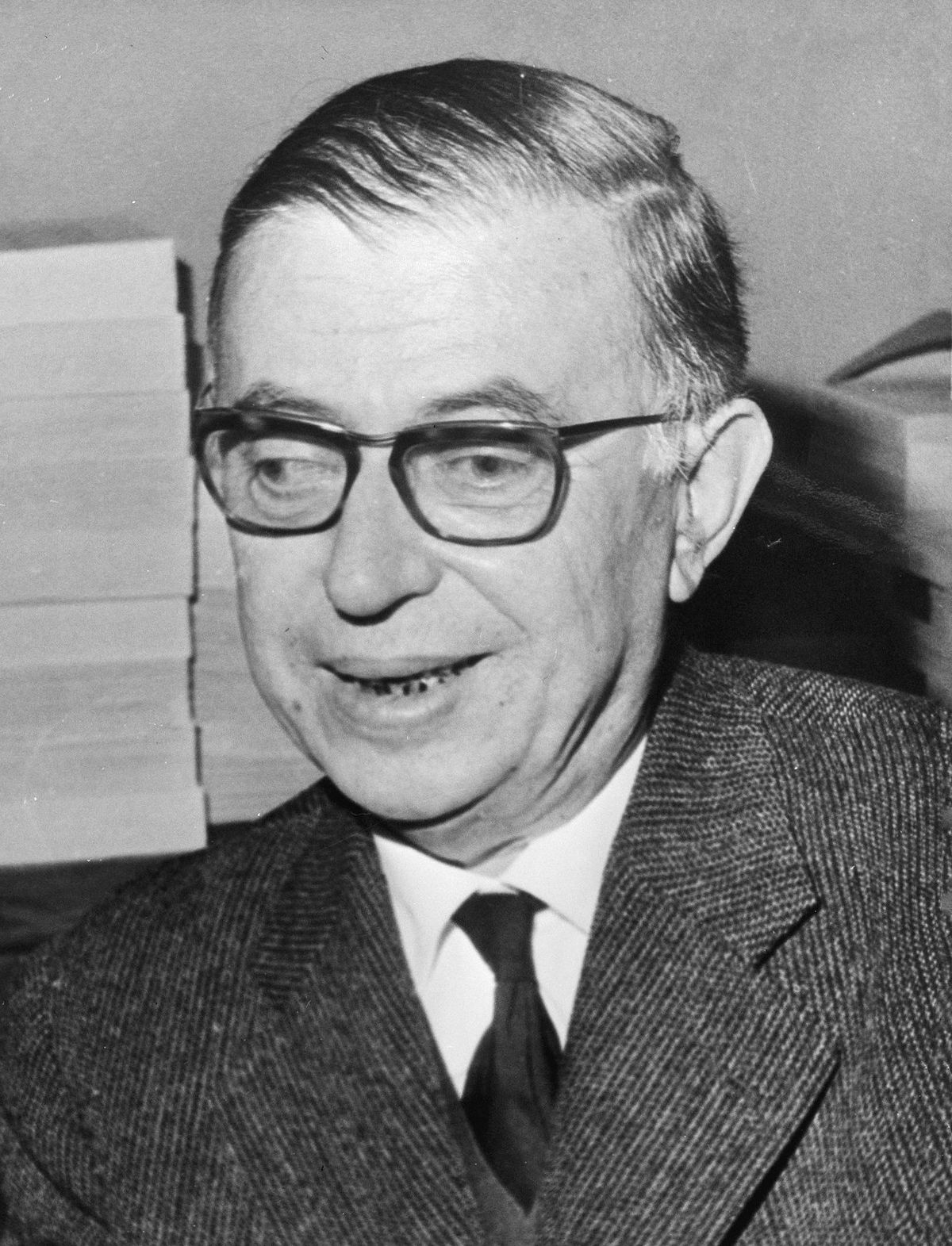
Jean-Paul Sartre
Man is condemned to be free; because once thrown into the world, he is responsible for everything he does. It is up to you to give (life) a meaning.
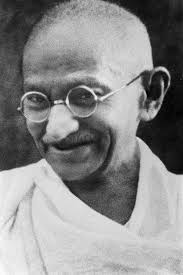
Mahatma Gandhi
The only means for the realization of Truth is Ahimsa, that is nonviolence. nonviolence, an active refusal to do harm.
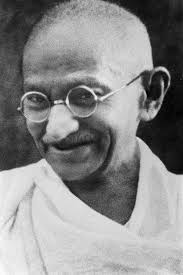
Mahatma Gandhi
An eye for an eye and a tooth for a tooth only ends up in making the world blind and toothless.
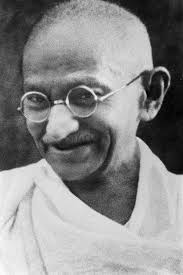
Mahatma Gandhi
I like your Christ. I do not like your Christians. Your Christians are so unlike your Christ..
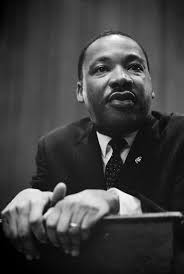
Martin Luther King, Jr.
Human law must be based on justice in order to be the true foundation of the society. He spoused the nonviolent civil rights struggle of African Americans.
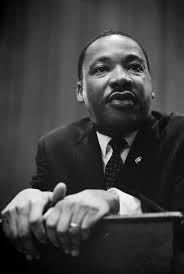
Martin Luther King, Jr.
I have a dream that my four little children will one day live in a nation where they will not be judged by the color of their skin, but by the content of their character.
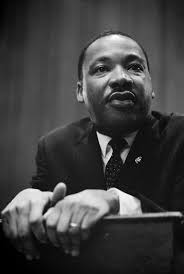
Martin Luther King, Jr.
Darkness cannot drive out darkness, only light can do that. Hate cannot drive out hate, only love can do that.
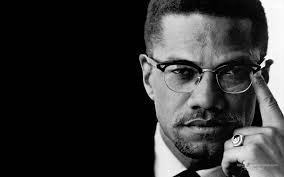
Malcolm X
While insisting that blacks should be peaceful law-abiding, he stressed the need for the American Negros to fight back in self-defense whenever and wherever he is being unjustly and unlawfully attacked.
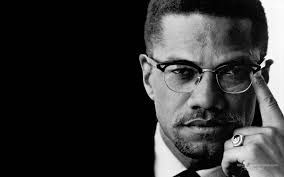
Malcolm X
The future belongs to those who prepare for it today.
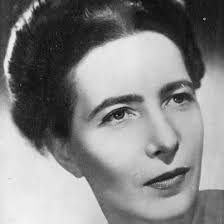
Simone de Beauvoir
A woman is defined as “the Other”. Woman is the second sex and man is the first sex, that is, “Man is the subject –the Absolute”. A woman exists in a man’s world.
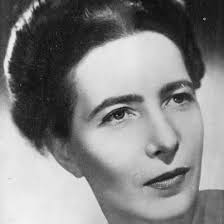
Simone de Beauvoir
One’s life has value so long as one’s attributes value to the life of others, by means of love, friendship, indignation and compassion.
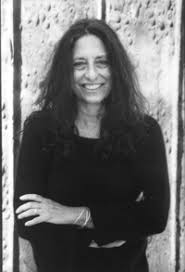
Carol Gilligan
The problem is not in women’s inferiority, but in how they have been studied, represented and interpreted.
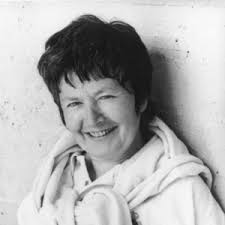
Luce Irigaray
Patriarchal culture tries to eradicate female sexuality in its autonomy and difference by repressing, assimilating, and absorbing it into male sexuality. All prevailing culture structures as thus forms of sameness that aim to define the feminine in terms of the masculine and serve to silence, distort, subject, and exploit women.
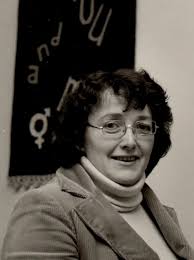
Rosemary Ruether
The main focus of her work is an historical expose and critique of the patriarchal nature of cultural religious symbols and practices.
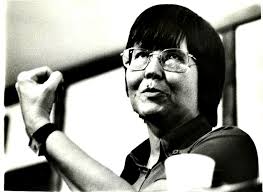
Mary Daly
I don’t think about men. I really don’t care about them. I’m concerned with women’s capacities, enlarging and actualizing them, which have been infinitely diminished under patriarchy. Not that they’ve disappeared, but they’ve been made subliminal.
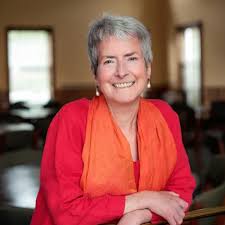
Elizabeth V. Spelman
Together with Lugones, she has criticized traditional feminist theory for excluding and neglecting the experiences and perspectives of women from diverse ethnic, racial, cultural, and class backgrounds.
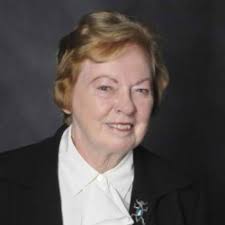
Nel Noddings
The feminine view sees that a fundamental feature of human existence is our relatedness to and with one another. The basic relation is that of caring, which involves receptivity, relatedness, and responsiveness.
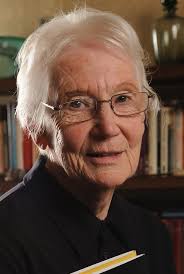
Annette C. Baier
That women’s contribution to moral philosophy have generally articulated women’s “different voice”. This voice speaks of an ethics of love…“Appropriate trust” is the unifying concept for moral theory. To trust is to have an attitude that is informed by our beliefs and influences our actions.
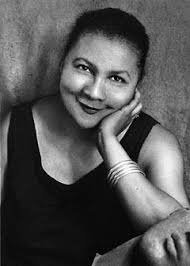
bell hooks
She wrote against the racism, classism, and sexism prevalent in society and its cultural expressions. She criticized feminist and African-American movements as being permeated by problems of white supremacy, capitalism, and patriarchy…“Talking back” is meant to speak as an equal to an authority figure. It involves daring to make oneself heard, to speak in “liberatory voice” against exploitation, oppression, and domination. To “talk back” involves developing a critical consciousness with which one “thinks femenist” against sexism and “thinks Black” against racism, and particularly with which African-Americans end their silence and find their voice.
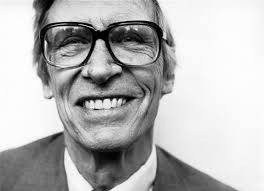
John Rawls
He developed his conception of justice from social contract theory: the idea that society is based on implicit agreements between its members.
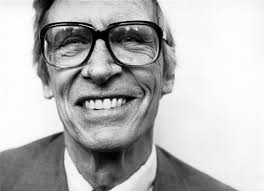
John Rawls
The needs of the many should not outweight the needs of the few and everyone should be equal under the law.
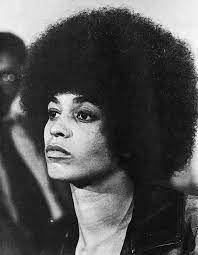
Angela Y. Davis
We have to talk about liberating minds as well as liberating society.
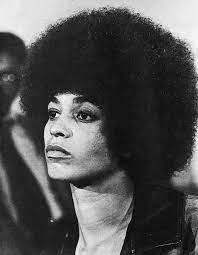
Angela Y. Davis
The unifying force for the empowerment of African-American women, which strives for a multiracial and nonsexist unity, is political. Since capitalism lies at the root of the problems of sexism and racism, such empowerment can be attained with a new economic order: socialism.
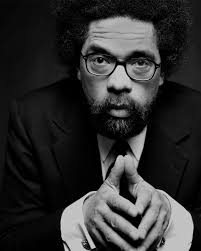
Cornel West
His philosophy has reflected his conviction in the double value of ideas, as well as his belief that ideas and theories must always connect the multiple dimensions of life—from the political, social, and cultural to the existential, spiritual, and intellectual aspects…He proposes a “new framework for black thought and practice,” a “prophetic one of moral reasoning” that grounds its fundamental notions in ethical principles, ideals, and standards. The morally based ideas of black identity, black coalition strategy, and black cultural democracy can thus replace the racially based notions of the old framework.
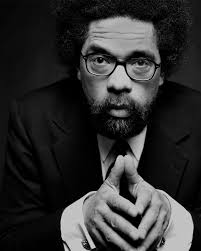
Cornel West
Never forget that justice is what love looks like in public.
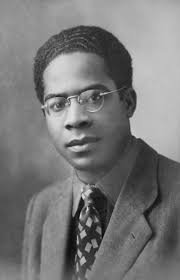
Aime Cesaire
He develops a morally charged critique that highlights the roots of racism and the dehumanizing effects of colonialism. Far from being linked with civilization, colonization is nothing less than savagery. It is itself the product of the moral decadence and irrationality of bourgeois imperialism.
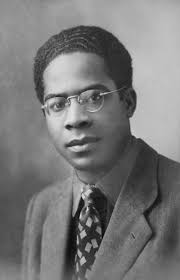
Aime Cesaire
He argues further that the colonizer’s relationship to the colonized as something less than human has the effect of dehumanizing and “decivilizing” the colonizer himself.
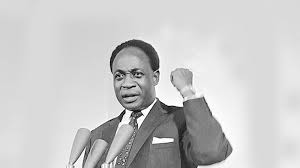
Kwane Nkrumah
He came to be known as the “Gandhi of Africa”.
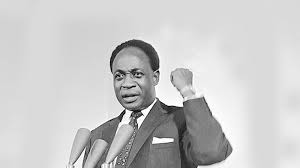
Kwane Nkrumah
He espoused philosophical conciencism, which interconnects thoughts and practice in the effort to attain social libearation.
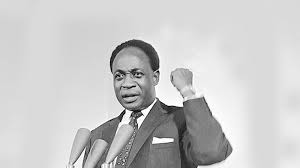
Kwane Nkrumah
He espoused ethical and political principles of egalitarianism.
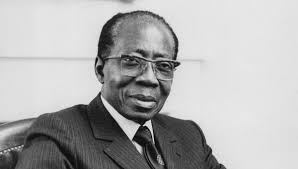
Leopold Senghor
He became the first African member the French Academy.
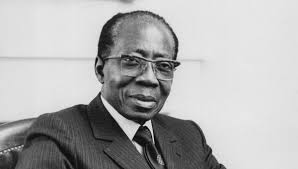
Leopold Senghor
He was one of the main representatives of the theory of negritude, a cultural and political movement that emphasizes the uniqueness of the African identity.
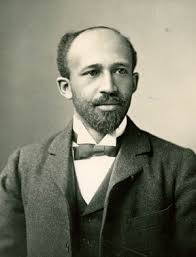
William E. Du Bois.
He became the first African American to receive a Ph.D. (sociology) from Harvard University.
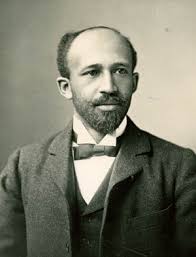
William E. Du Bois.
For him, the Negro lives in a “world which yields him no true self-consciousness, but only lets him see himself through the revelation of the other world.
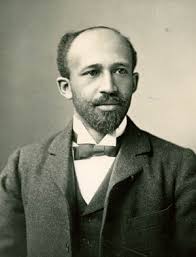
William E. Du Bois.
He feels a “twoness” as an American and as Negro with “two warring ideals in one dark body”.
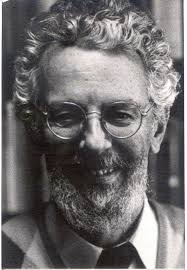
Enrique Dussel
He is an Argentinean philosopher known for his contributions to the Latin American philosophy of liberation. Liberation theology, the central idea is that of an integral liberation of human beings, in the socio-political as well as the spiritual or religious dimensions of their lives.
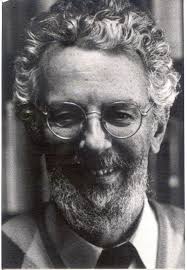
Enrique Dussel
Enlightenment is the exit of humanity… Laziness and cowardliness are the cause which bind the great part of humanity in the frivolous state of immaturity.
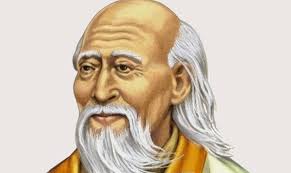
Lao Tzu
The ideal life is the life that follows the Way. This means to live the natural way, by letting Nature takes its course…not to take any action that is contrary to nature. Nature, that is, in moral terms, to lead a life based on spontaneity, simplicity, tranquility, unselfishness, and humility.
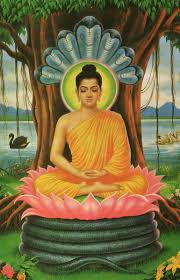
Buddha
All existence is pain or suffering, it originates in desires. To overcome it, one must take the path to liberation or truth ( dharma). This is a path of release from the wheel of life, death, and rebirth (samsara). The goal is to get off this wheel because life, death, and rebirth bring repeated suffering…All actions are interconnected, this refers to the moral law of causality (karma)—where good actions bring good results and bad actions cause bad effects. Karma is not a judgment or an evaluation but a natural law—a law of things as they are.

Confucius
His Golden Rule of reciprocity or mutual consideration. “Do not do unto others what you do not want others do unto you”. His ideal was that of a harmonious and well-ordered society, formed by a community of good people who are governed by morally excellent rulers. These rulers would lead the people by virtue and example, rather than by coercion and punishment.

Confucius
Learning without thought is labor lost; thought without learning is perilous. I hear and I forget, I see and I remember, I do and I understand. Life is really simple, but we insist on making it complicated.
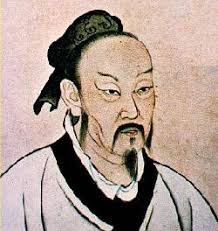
Mencius
Human nature is originally good… we are born with an innate knowledge of the good and have a natural inclination to do good.
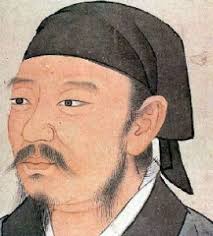
Hsun Tzu
The nature of humans is evil and that goodness is acquired only through training. Humans in their natural state have instinctual drives that are selfish, anarchic, and antisocial.
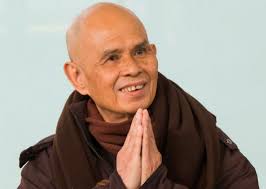
Thich Nhat Hanh
All beings—humans, animals, plants, and minerals—exist interdependently, “inter-are”. Our interpenetration with our environment ought to instill in us respect, humility, mindfulness, unconditional love, and compassion toward all other beings. He stresses the importance of meditating on the oneness of the universe and in conducting our lives mindful of our interbeing with all that exists.

Thich Nhat Hanh
People have a hard time letting go of their suffering. Out of a fear of the unkown, they prefer suffering that is familiar.
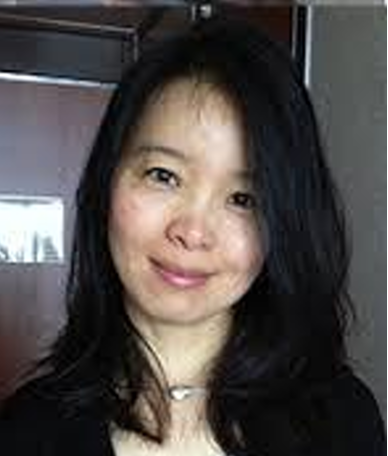
Xiaorong Li
The long-term problem with the adoption of the culturally relativist approach in women is that it results in “false consciousness” that further aids in maintaining the status quo. Women in China are still captive to their long-standing patriarchal society propaganda…That “growing up in Chinese sexist morality, women have deposited within them a ‘psychological complex’: the inferior morality”….That women in China “have not transcended the male domination and have taken it so much for granted that they even inflict the repression on themselves”.
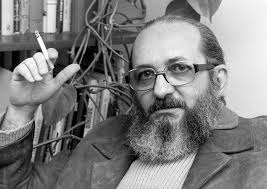
Paulo Freire
The “banking” concept of education transforms students into receiving objects. It attempts to control thinking and action, leads men and women to adjust to the world, and inhibits their creative power.